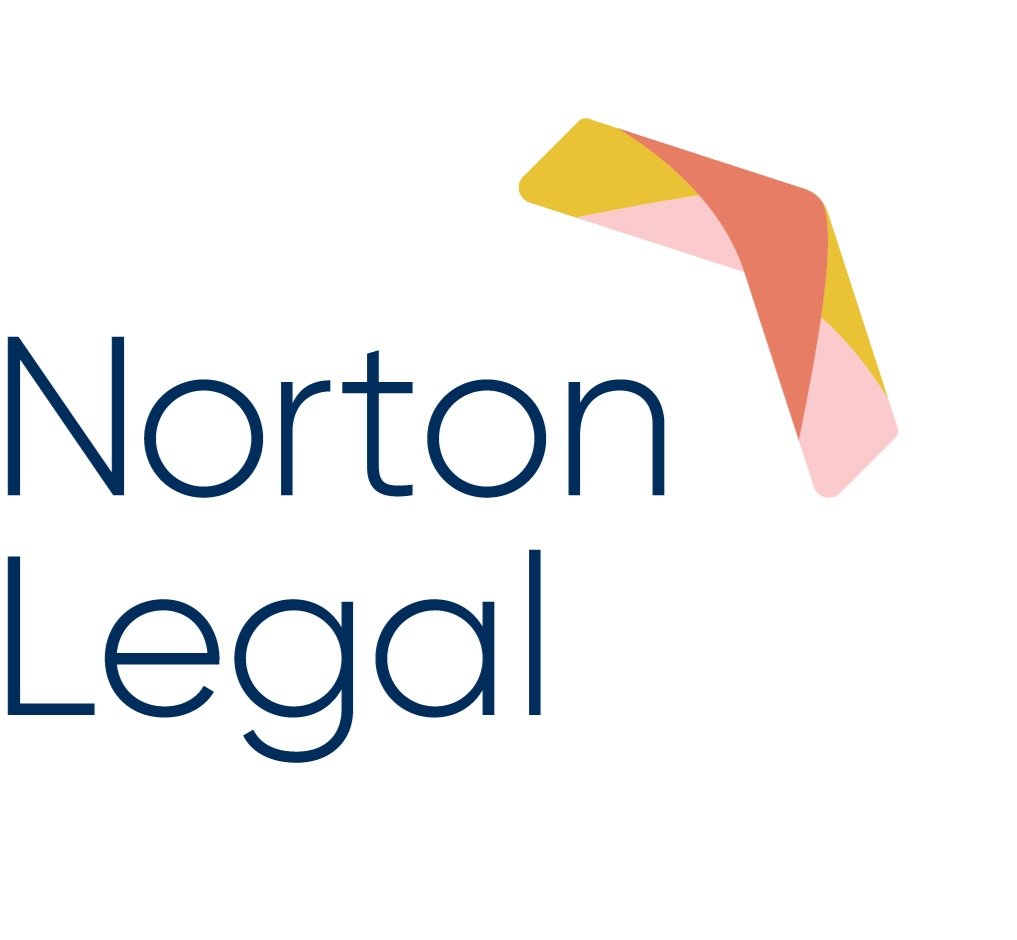Triggers for Review of an Estate Plan
Life is a journey marked by twists and turns. In this ever-changing landscape, your estate plan plays a crucial role. It safeguards your wishes and the well-being of your loved ones when you're no longer present or able to make decisions for yourself.
In this blog, we'll delve into the triggers that prompt a closer look at your estate plan, so that you can make sure that your wishes are up to date in the face of life's changes.
Marriage, Divorce and changes in defacto relationships
When a significant life event occurs such as marriage or divorce, your estate plan needs to be updated. In Victoria, marriage revokes a will, unless the will was drafted in contemplation of marriage.
For those in de facto relationships, consider whether your estate plan accurately reflects your intentions. If not, preparing a new estate plan is a recommended step as your relationship evolves.
When parties divorce, any gifts in a will (or appointments such as executor) will not operate. If however you were not married, and therefore did not divorce, the will as drafted will continue to operate. It is therefore extremely important to revisit your estate plan upon separation of divorce.
Parenthood
Childbirth or adoption of children can prompt a reevaluation of your estate plan. For first-time parents, ensuring that appropriate guardians are in place for their children becomes a top priority. This juncture also provides an opportunity to explore testamentary trusts, which offer tax advantages when there are minor children as beneficiaries.
Assets, Liabilities, and Evolving Financial Landscapes
Over time, it is common for people’s financial structures to become more complex, with establishment of family trusts and acquisition of business interests. To ensure that your wishes for succession are honoured, a periodic review of your estate plan is very important. This may include a review of trust deeds, SMSF deeds, partnership agreements, company constitutions or shareholder agreements.
There may also be loans between family members requiring consideration. If you intend for these loans to be repaid or forgiven upon your passing, your estate plan should reflect this.
Addressing Changes in Roles and Circumstances
Changes in circumstances don't solely affect you – they also influence those nominated in your estate planning documents. Executors, trustees, beneficiaries, and guardians in Wills, as well as appointors, trustees, and beneficiaries in family trusts, are all subject to the ebb and flow of life. Adjustments might become necessary due to death, incapacity, estrangement, or shifts in relationships.
It's not just these roles that warrant attention. Directors and shareholders in companies, partners in business partnerships, and those named in Powers of Attorney can all be impacted by changes. For instance, individuals moving overseas or grappling with substance abuse can require adjustments to your plans.
The Role of BDBNs
For many Australians, a good team of personal wealth is tied up in superannuation. Binding Death Benefit Nominations (BDBNs) therefore play a pivotal role in your estate plan. These nominations need careful monitoring, as they might lapse every three years in some cases. In addition, as your superannuation balance shifts and your age advances, your strategy for directing superannuation funds might need modification.
Your estate plan should consider whether your Enduring Power of Attorney should encompass powers related to BDBNs, allowing your chosen representative to manage this aspect on your behalf if you are unable to do so yourself.
Your estate plan serves as a testament to your careful planning and dedication to the well-being of your loved ones. By proactively reviewing and updating your estate plan in response to life’s changes, you ensure that your legacy remains intact and your intentions are honoured.
Remember, as life evolves, so should your estate plan – a living testament to your enduring care and love for your family.
Ready to take the next step? Contact our friendly team today for more information: 9314 7320.
